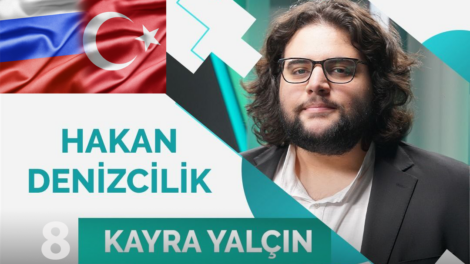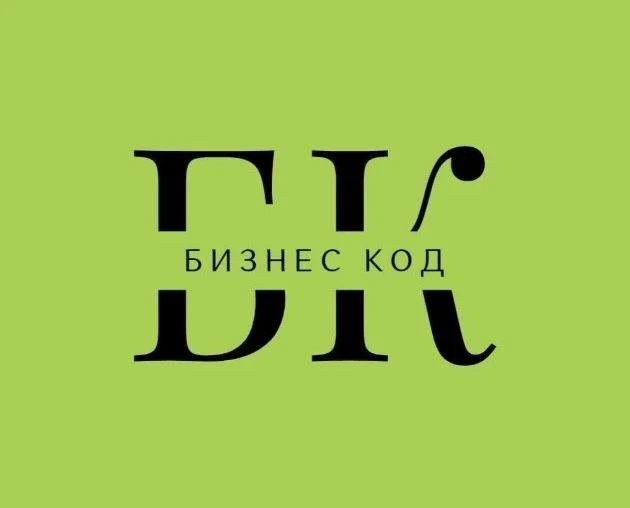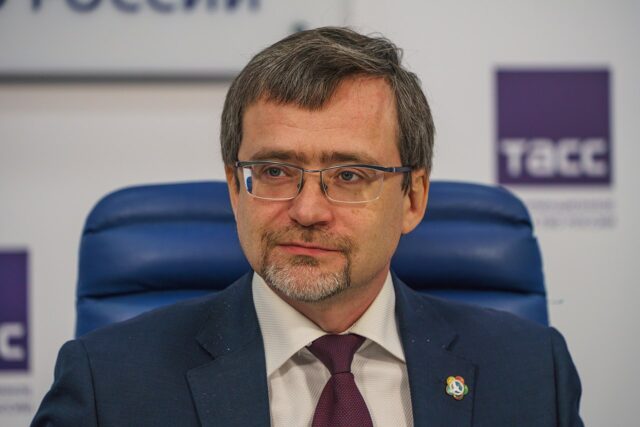The final article of the series "Russia and Turkey - a retrospective of dialogue or relations based on mutual understanding"
 Бизнес код
Бизнес код
The previous article «Russia-Turkey: Rapprochement and Geopolitical Rivalry» focuses on the peculiarities of the latest period of Russian-Turkish relations. A retrospective of the interaction and confrontation between the two countries and a look at today’s processes make us think about the prospects.
The decline of the modern nation-state as a result of globalization trends, the waning of the unipolar order, and the so-called «fall of the international liberal order» are all factors contributing to the current state of international politics’ disarray. As a result, international organizations established during the Cold War era are crumbling. The disillusionment with the European Union and mutual antipathy towards the West has brought Turkey and Russia even closer together in recent years.
Numerous parallels exist between Turkey and Russia today. Both are ex-imperial states with conservative ideologies that combined religious messianism (Orthodoxy and Sunni Islam) with secular modernism (Stalinism/Leninism and Kemalism). But perhaps most importantly, both states grew concerned about American expansionism into neighboring territories and the American-backed threat to the geopolitical order in countries like Georgia and Ukraine. Another factor that draws the two countries together currently is their decision-making processes.
When it comes to deciding on or even reversing policies, the leaders of these two nations are largely unrestricted by either bureaucratic institutions or public debate. The purchase of the Russian S-400 missile defense system by President Erdogan in July 2019 is a good example of this where the Ministry of Foreign Affairs had very little say on the matter and public discussion was quite limited. Over the years Russia has become quite experienced in courting other governments that share this trait. As Putin and Erdogan have been friends for twenty years, they know each other well enough to have a two-way conversation. Naturally, this facilitates sharing of specific worries.
This highly individualistic character of decision making however has a downside of increased volatility in relations. Few institutional mechanisms exist to settle disputes, so every potential crisis requires a discussion between President Erdogan and Putin. Furthermore, due to the marginalization of experts and diplomatic institutions (more so in Turkey’s case), these high-level agreements tend to be vague and focused on the parties’ immediate needs.
Currently, Erdogan needs Russian money to keep the economy afloat as he campaigns for reelection on May 14th, 2023. Concerns have been raised in the United States and Europe over Turkey’s close relationship with Russia amidst the war in Ukraine. The U.S. Treasury and State Department regularly send representatives to Turkey to meet with government leaders and businesspeople, where they stress the importance of not assisting Russia in evading Western sanctions. Ankara is hoping that its rapprochement with Russia will give Turkey more leverage in negotiations with Washington while Russia aims for the exact opposite (using Turkey as an opening to weaken NATO).
Whether or not Turkey’s political climate will continue in its present form is highly uncertain as well. In the upcoming presidential elections, Erdogan is counting on being re-elected. The polls don’t point to a clear winner, though; the opposition may end up grabbing power for the first time in over 20 years. A victory for the Turkish opposition would be somewhat at odds with Russian interests and Russia’s influence over Turkey may weaken. Furthermore, potentially a more democratic government under the new administration would mean Moscow having to talk with several actors instead of one as opposition representatives in Turkey argue that the current individualized relationship, steered solely by the two countries’ leaders, is counterproductive to Turkey’s interests. However, it should be noted that many in the opposition also support the Turkish government’s approach to Russia following the conflict in Ukraine which demonstrates the shared understanding in Turkey of the multipolar world order. This is significantly different from the stance of previous politicians of the past most of whom viewed the world through the lens of «East vs West».
Indeed, it would be wrong to depend solely on historical precedents when attempting to explain modern-day developments. Both nations’ current positions are heavily influenced by pragmatism and present-day interests. Even if the opposition wins the upcoming elections, it appears likely that Turkey will continue to pursue a middle ground between the West and the East, rather than deviating in either direction.
Turkey’s economy and energy security have become heavily reliant on Russia as a result of Erdogan’s policies over the last 15 years. Furthermore, Turkey’s ties with the West have suffered significant damage from which it cannot recover for at least a decade. It is evident from all of the aforementioned evidence that the relations between Turkey and Russia will remain a key focal point for both nations, which are historically and geographically interconnected.
We are waiting for further articles from the author and Your feedback on the series of publications «Russia and Turkey — a retrospective of dialogue or relations based on mutual understanding» on comment@bcode.news


